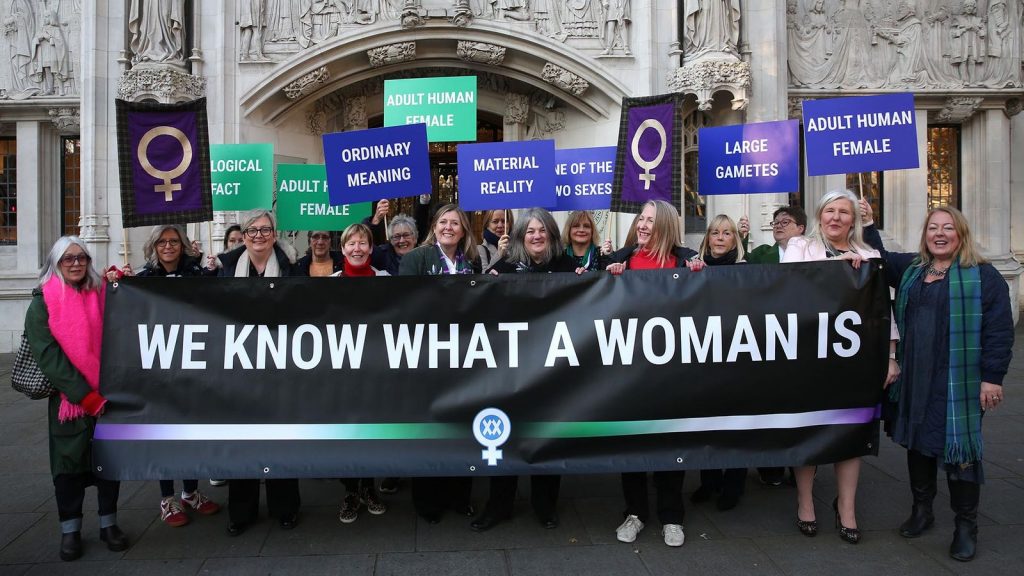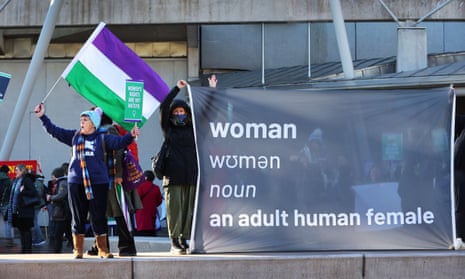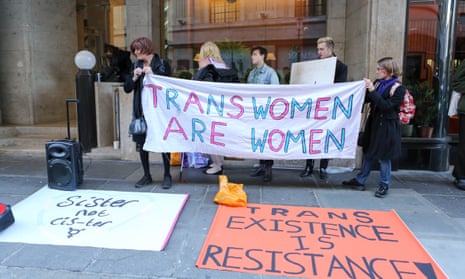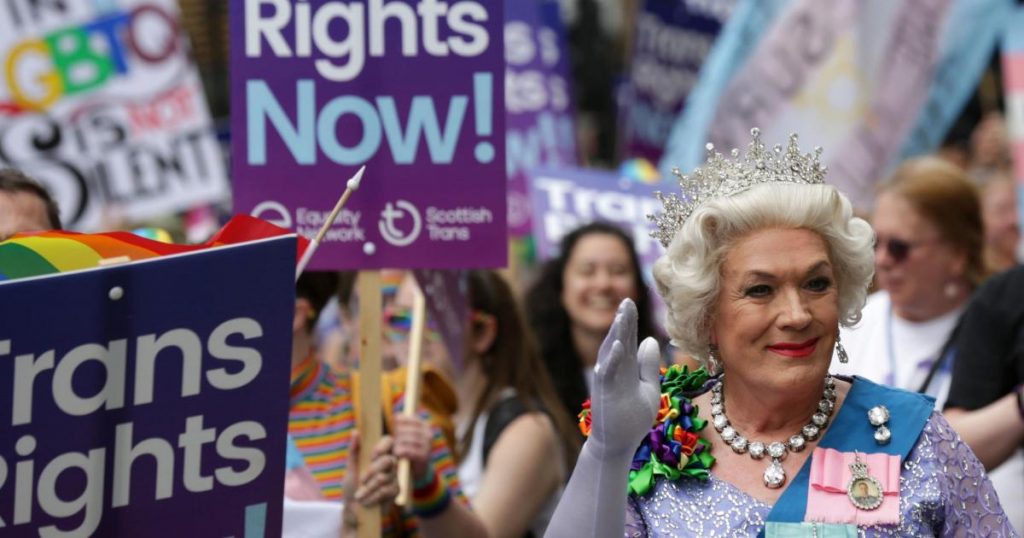
The UK Supreme Court has ruled that the term “woman” in the Equality Act 2010 refers specifically to biological sex, marking a significant legal clarification with wide-reaching implications for gender and equality laws across the UK.
The unanimous judgment came in response to an appeal by the campaign group For Women Scotland (FWS), which challenged Scottish Government guidance interpreting “woman” in the Gender Representation on Public Boards (Scotland) Act 2018 to include transgender women holding a Gender Recognition Certificate (GRC).

Delivering the court’s decision, Deputy President Lord Hodge stated: “The unanimous decision of this court is that the definition of the terms ‘woman’ and ‘sex’ in the Equality Act 2010 refers to biological woman and biological sex.”
However, Lord Hodge cautioned against interpreting the ruling as a win for one societal group over another.
“We counsel against reading this judgment as a triumph of one or more groups in our society at the expense of another.
It is not.
The Equality Act 2010 provides robust protections for transgender people under the characteristic of gender reassignment—including protection against direct and indirect discrimination and harassment.”

The decision overturns earlier interpretations by Scottish ministers and lower courts, which had allowed the legal definition of “woman” to encompass individuals who had changed gender under the 2004 Gender Recognition Act.
Divided Reactions:- The ruling has sparked mixed reactions. Supporters, including author J.K. Rowling—who financially backed FWS’s legal challenge—hailed the verdict as a victory for sex-based rights.
Critics, including human rights organisations such as Amnesty International, raised concerns that it may undermine transgender protections and lead to the exclusion of trans women from single-sex spaces and policies.
“This ruling makes clear that legislation aiming to promote equality must do so on the basis of biological sex when interpreting the term ‘woman’,” said Susan Smith, a spokesperson for FWS.
“This is a vital clarification that ensures women’s rights are preserved in law.”
Transgender advocacy groups, however, expressed alarm. “This sets a dangerous precedent,” said a spokesperson from LGBTQ+ charity Stonewall.

“It risks rolling back hard-fought progress and may embolden discrimination against the trans community.”
Broader Implications:- Legal experts suggest the ruling will likely influence the interpretation of laws surrounding single-sex spaces, such as prisons, refuges, and hospital wards, as well as future policymaking.
The Scottish Government has yet to respond fully but has indicated it is reviewing the judgment’s impact on existing guidance and public sector equality duties.
This landmark ruling comes amid an increasingly polarised debate in the UK over the balance between sex-based rights and gender identity protections—a debate now firmly placed at the heart of legal and political discourse.
Votes for commonsense.
Biological women deserve the protection of the law, while trans issues still need a lot of work.
Biology is not a choice. People have throughout history wanted to be something they were not born with.
More needs to be done to understand the how and why.
And support provided as appropriate.
Bioligical women regretting double mastectomies, very young, before a full adult identity iis formed.
More thought needed before radical surgery